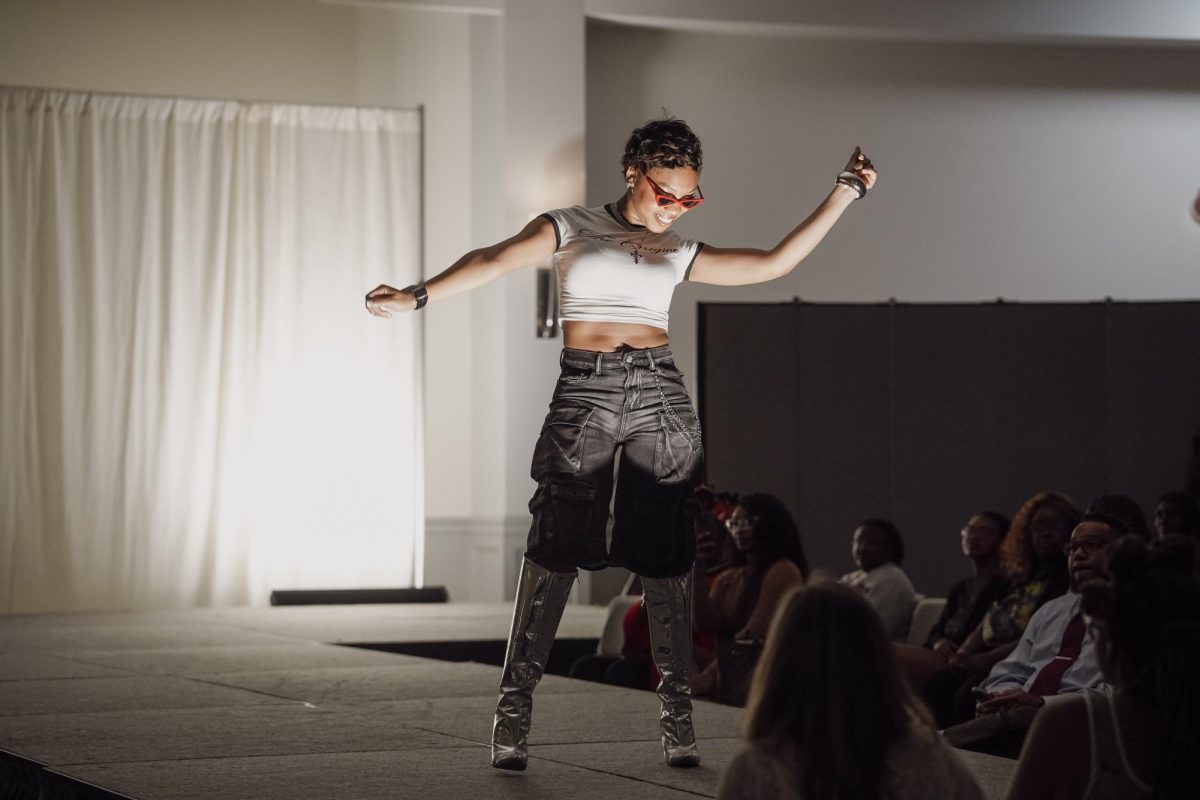Whenever people think of a student-athlete, it is possible for two different visions to come to mind, depending on who one consults.Vision No. 1: A student-athlete is one who stays out all night partying, drinking or doing any other things he or she enjoys, but does not attend class or show up when he or she feels like it. However, they seem to pass classes because they are athletes.
Vision No. 2: A student-athlete is one who has the potential to balance attending classes and the coursework that comes with it while also balancing duties on the athletic scene. There’s also a period set aside for downtime.
When I first came to college a year ago, I honestly thought of a particular type of student-athlete as an athlete-minus the student and the hyphen-but including all the rights and privileges granted in Vision No. 1. Although I must admit I did see some of Vision No. 1, Vision No. 2 can be found on campus.
While I believe some student-athletes take their schoolwork very seriously, opposition still exists from teachers (across the nation).
There are those who feel Vision No. 1 exists and refuse to believe otherwise.
According to an article I read in The NCAA News, some teachers have absolutely refused to work around athletes’ schedules to support their success in those teachers’ classes. The end result: the student achieves a sub-par average in the class.
I do not know if there is a satisfaction for the teacher in the end unless it would be found in a “sick” manner of telling the student, “Don’t bring those types of issues (athletic) into my classroom.”
Although there are some unwilling and uncooperative professors, there are those that support student-athletes and will do whatever they can. In my short time at Nicholls, I have not seen any teachers show opposition to athletes, and I certainly hope it does not exist.
For all those faculty members who do not support athletics, I would advise they rethink their strategy the next time they are unwilling to assist a student in both their academic and athletic pursuits.
I cannot imagine athletes who in their right mind would think they would be able to play the sport they are participating in for their entire life.
Just looking at the 2005 Colonel football media guide, one can find a plethora of majors that Nicholls athletes study: petroleum services, government, business administration, accounting, arts and those pertaining to biological sciences.
Additionally, a person had better have some very good karma if they hope to make it to the professional ranks. According to statistics from the NCAA’s website, 130,500 female high school senior athletes played basketball. Of that number, only 14,400 made it to an NCAA school. Of the 14,400 who made it to college, only 1 percent made it to the professional ranks.
These statistics alone prove that very few NCAA athletes attending college make it to the professional level. This fact makes it that much more vital for athletes to work towards a degree.
It is for reasons like the majors listed in that media guide and those NCAA statistics that student-athletes are just as concerned about the future beyond their playing days as they are about proving to faculty that Vision No. 1 no longer exists.







